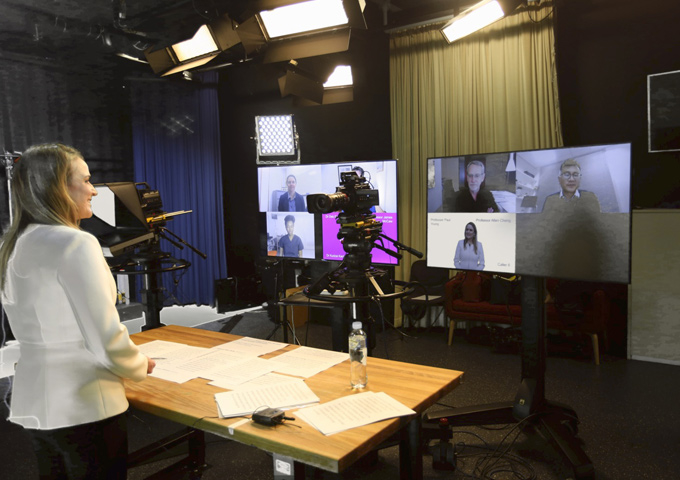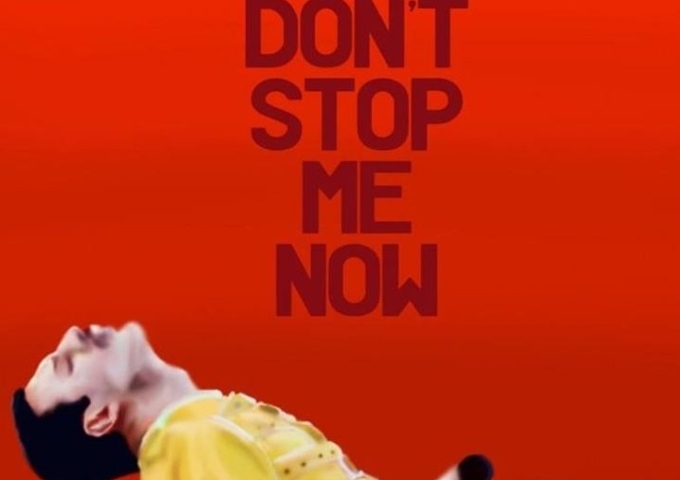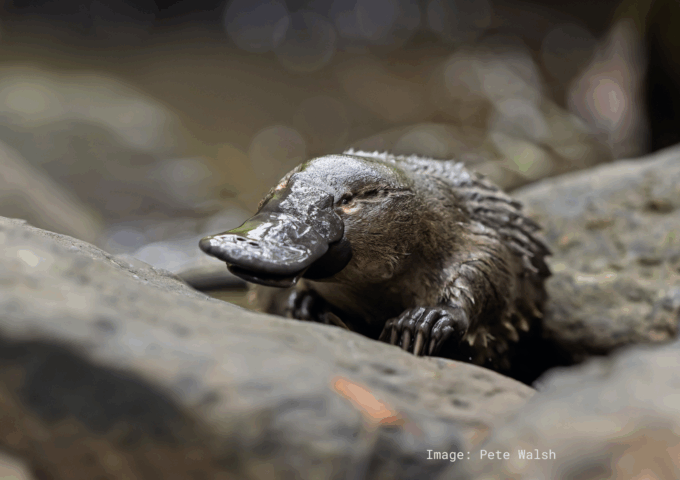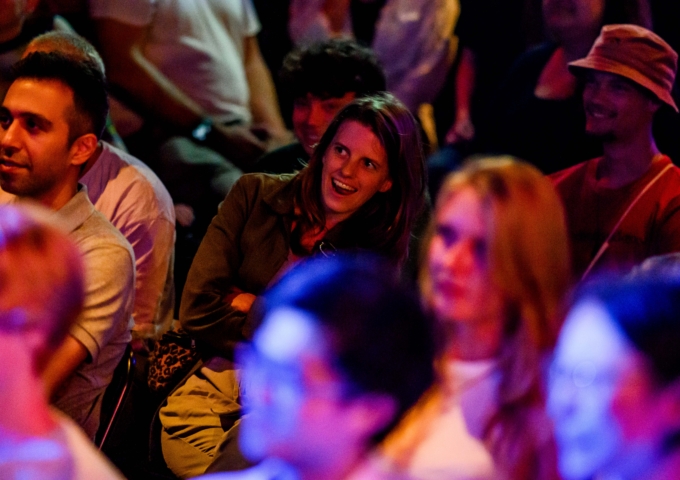
National Science Week was officially launched this morning by Minister for Industry, Science and Technology Mrs Karen Andrews MP in an event co-hosted by Questacon and Science and Technology Australia.
For the first time the festival was launched online, which is in keeping with the majority of this year’s events being held online. The shift from hands-on to on-screen has been made in the wake of the COVID-19 pandemic, and the science, science engagement and education communities have taken up the challenge of changing the way that they participate.
“Who would have known that this year was going to be so significant for science and our science communities, as we all work together to deal with the COVID-19 crisis,” said Minister for Industry, Science and Technology Karen Andrews.
“This is an opportunity for us to recognise and thank our scientists right across Australia,” she said. “So, I encourage you to go out and have a look at what science can offer you.”
Professor Graham Durant AM, the Director of Questacon, welcomed everyone to the event and reflected that science has never before been so important to society. “It’s a time not only to stand up for science, but a time to trust the science and the scientists”. Professor Durant also offered a big virtual hug to all those in lockdown in Victoria, as well as those recently affected by bushfire, smoke, floods and COVID.
After the formalities, Misha Schubert, CEO of Science and Technology Australia, led a fascinating discussion.
Science Saving Lives: The Stories Behind Australia’s Covid-19 Success
The panellists are all deeply involved in Australia’s ongoing response to COVID-19:
- Professor Allen Cheng, Director of the Infection Prevention and Healthcare Epidemiology unit at Alfred Health;
- Dr Kudzai Kanhutu, Superstar of STEM, infectious diseases physician, telehealth clinical lead and Deputy Medical Information Officer at the Royal Melbourne Hospital
- Professor James McCaw, Professor of Mathematical Biology at the University of Melbourne;
- Professor Paul Young, Professor of Virology and Head of School (School of Chemistry & Molecular Biosciences) at the University of Queensland who heads the team working on one of the leading contenders for a COVID vaccine; and
- Dr Deb Eagles, Deputy Director, Australian Centre for Disease Preparedness at the CSIRO in Geelong.
Professor Cheng started paying close attention on 6 January when the virus was identified as a corona virus, and soon after he was called by Professor Brendan Murphy and invited to be on the AHPCC to provide high level advice.
Prof McCaw got involved in mid January via a meeting of infectious disease mathematical modellers, when it became clear that the virus could transfer between people. The public health risk calculations that he conducted led to the Australian borders with China being closed.
The time bought by border closures were used by hospital based doctors like Dr Kanhutu allowed them to observe the effects of the virus around the world, and to put plans into place for dealing with the likelihood and reality of rising infections here.
Professor Young heard about the virus via Twitter in early January, and within 24 hours of receiving the virus sequence on 11 January his team had a theoretical candidate vaccine. They then started work analysing the candidate, but on 21 January they received a formal request to develop the vaccine. The university had just 48 hours to decide whether to accept the contract to take the vaccine through to full public trials!
Dr Eagles reflected on the importance of pre-existing preparation for pandemic research and response, an the wide ranging collaboration in the Australian research community locally and globally. The ACDP will have big role to play in determining vaccine effectiveness.
The researchers all also reflected on the nature of patience and commitment in science, and that ultimately discovery means making mistakes, learning from them, and trying again.
Watch the launch and the discussion on YouTube.






